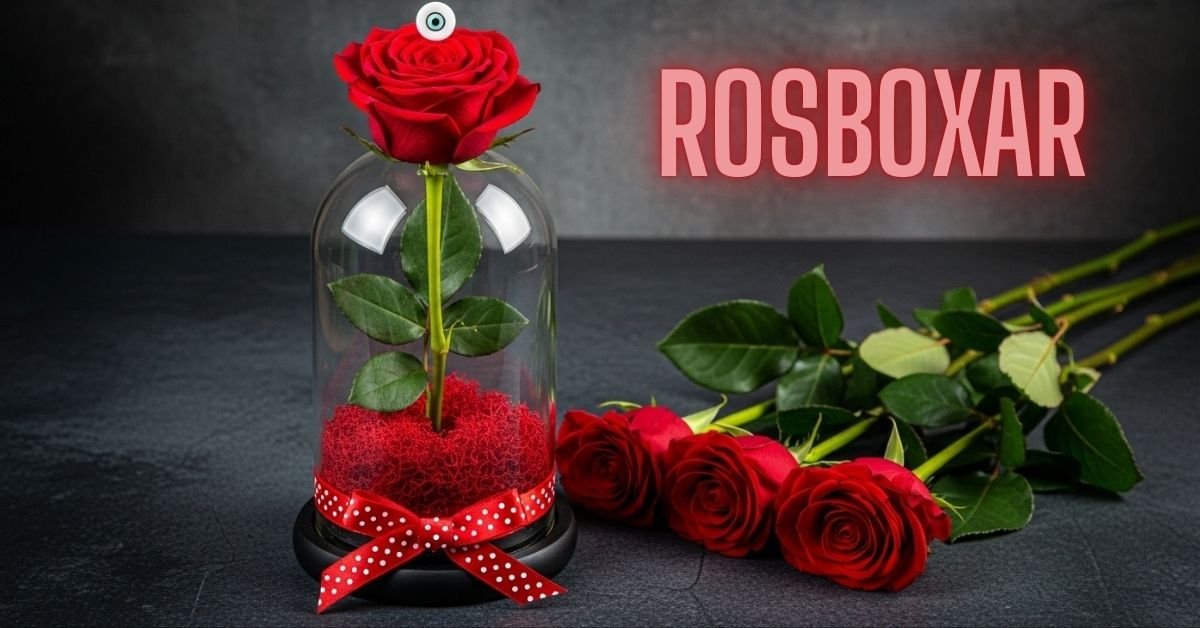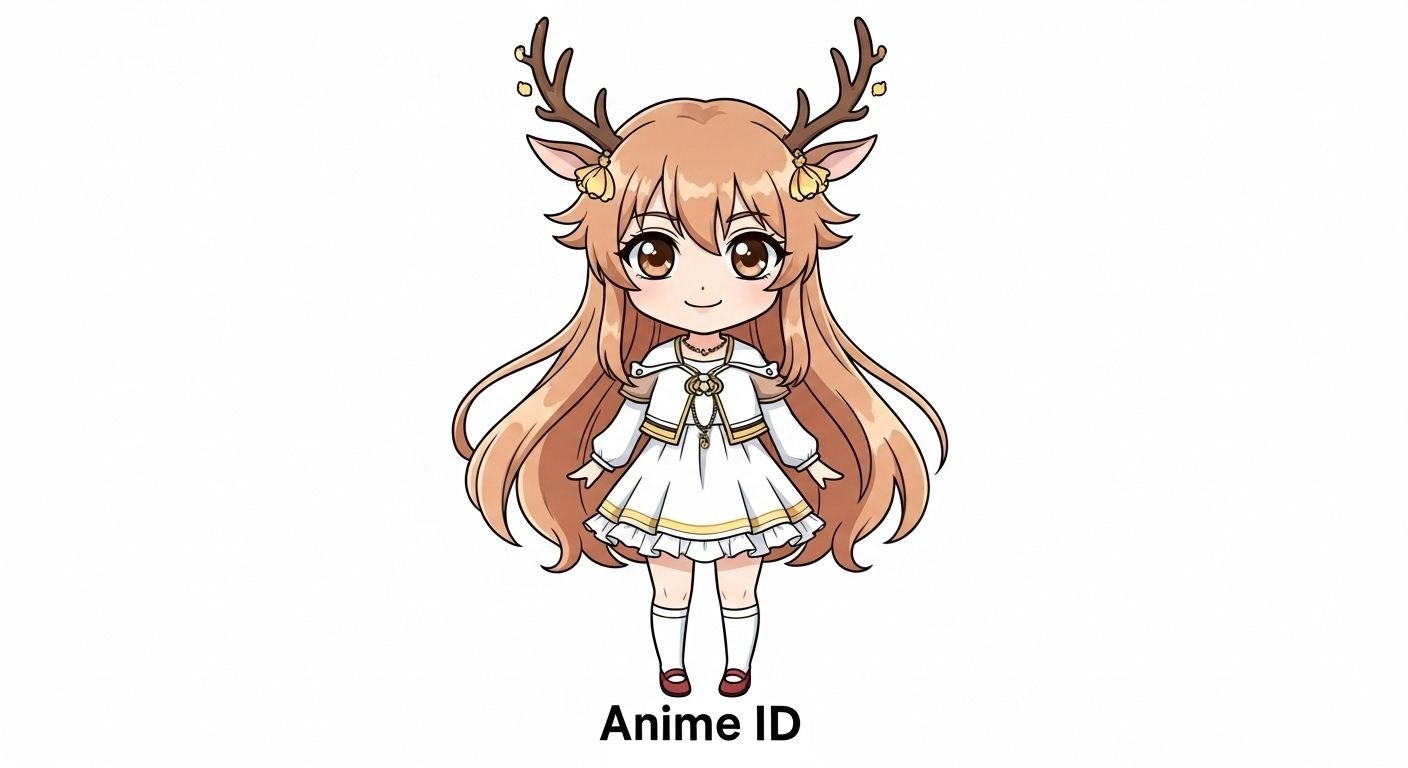Contents
- 1 Introduction: The Mystery of “Rosboxar”
- 2 What Is “Rosboxar”?
- 3 Origins of Rosboxar
- 4 Why Is Rosboxar Going Viral?
- 5 Semantic Interpretations of Rosboxar
- 6 Rosboxar and Internet Linguistics
- 7 Is Rosboxar Just a Passing Trend?
- 8 Cultural Impact of Rosboxar
- 9 How to Use “Rosboxar” Correctly
- 10 FAQs About Rosboxar
- 11 Conclusion: The Future of Rosboxar
Introduction: The Mystery of “Rosboxar”
If you’ve recently scrolled through TikTok, Twitter (X), or Instagram, you’ve likely seen the word “Rosboxar” popping up in captions, memes, and comment sections. It’s being used in hashtags, viral challenges, and even as part of trending audio clips. But what exactly does it mean? Where did it come from? And why is it spreading so fast across social media platforms?
In this article, we’ll decode the term “Rosboxar,” trace its origins, explore why it’s going viral, and understand its cultural impact. We’ll also answer common questions people are searching, so by the end, you’ll know whether it’s just another fleeting internet trend—or something bigger.
What Is “Rosboxar”?
The word Rosboxar doesn’t come from traditional English vocabulary. Instead, it’s a neologism—a newly created word or expression that has gained popularity online.
While interpretations vary, here’s what “Rosboxar” commonly refers to:
- A Meme-Driven Slang Term: Many users are employing it as a playful or ironic replacement word, similar to how “yeet” or “sus” evolved.
- A Digital Identity Marker: Some groups are using Rosboxar to signal belonging to niche online communities.
- An Evolving Internet Symbol: Its meaning shifts depending on context—sometimes funny, sometimes cryptic, and often nonsensical.
Like many viral terms, Rosboxar thrives on ambiguity. The lack of a fixed definition makes it adaptable, meme-worthy, and endlessly remixable.
Origins of Rosboxar
1. The First Appearance
The earliest traces of “Rosboxar” can be linked back to late 2023 in obscure Reddit threads and Discord servers. At first, it seemed to be an inside joke among small communities.
2. TikTok’s Role in Popularization
The real breakthrough came when TikTok creators started using Rosboxar as part of sound edits and captions. A few viral short videos tagged with #Rosboxar quickly racked up millions of views, sending curious viewers searching for its meaning.
3. Meme Culture Amplification
Meme accounts on Twitter and Instagram quickly joined in, repurposing Rosboxar into image macros, reaction memes, and surreal humor. Its nonsensical appeal reminded many of how words like “shrekposting” or “doge” became mainstream internet phenomena.
Why Is Rosboxar Going Viral?
The virality of Rosboxar can be explained by a mix of psychology, digital culture, and algorithm dynamics.
1. The Curiosity Gap
Humans are naturally curious about unknown terms. Seeing “Rosboxar” repeatedly without explanation sparks FOMO (fear of missing out)—leading people to search for it, ask friends, or engage with posts.
2. Algorithmic Boost
Platforms like TikTok and Twitter reward engagement with reach. Since users keep commenting “What does Rosboxar mean?”, the algorithm interprets that as high interaction—pushing the term further.
3. Meme-Friendly Ambiguity
Because Rosboxar doesn’t have a fixed meaning, it’s flexible across humor, aesthetics, and subcultures. One user might use it to mean “chaotic energy,” while another uses it ironically in place of random words.
4. Cultural Relatability
The rise of nonsense internet slang shows a generational shift. Younger audiences enjoy inside jokes and layered irony, where not everyone is supposed to “get it.” Rosboxar thrives in this environment.
Semantic Interpretations of Rosboxar
Here are some popular interpretations floating around online:
| Interpretation | Meaning in Context | Example Usage |
|---|---|---|
| Random Meme Word | Used humorously with no fixed meaning | “That party last night was pure Rosboxar.” |
| Group Identity Marker | Signals belonging to an online trend or subculture | “Only true Rosboxar fans know this reference.” |
| Expression of Chaos | Represents randomness, absurdity, or disorder | “My Monday morning was total Rosboxar.” |
| Placeholder Term | Replaces another word for comedic effect | “He’s such a Rosboxar, but we love him.” |
Rosboxar and Internet Linguistics
Rosboxar isn’t just a random meme—it reflects patterns in how internet language evolves.
- Playful Mutation: Like “poggers” (from “pogo”) or “sus” (from “suspicious”), Rosboxar shows how users distort language for humor.
- Inside-Out Growth: It started in small digital niches before spreading to mainstream platforms.
- Multi-Layered Meaning: The fact that it doesn’t mean just one thing makes it powerful in digital slang.
Linguists studying internet culture often point out that language thrives on adaptability—and Rosboxar is a textbook example.
Is Rosboxar Just a Passing Trend?
Some viral slang dies quickly (remember “on fleek”?), while others cement themselves in digital culture (like “meme” itself).
Factors that suggest Rosboxar may stick around:
- Its ambiguity makes it endlessly reusable.
- Its viral spread across multiple platforms shows cross-cultural adaptability.
- Memes and remix culture continuously breathe new life into it.
On the other hand, the fast-paced nature of TikTok trends means Rosboxar could fade in a matter of months—unless anchored to a stronger cultural moment.
Cultural Impact of Rosboxar
- Shaping Online Humor
- Rosboxar is fueling surreal and absurdist meme formats.
- It’s part of the “post-irony” movement, where humor comes from not making sense.
- Driving Online Communities
- Discord groups and niche TikTok communities are forming around the identity of being “Rosboxar.”
- These groups often gatekeep meaning—turning the word into an insider badge.
- Influencing Digital Marketing
- Some brands have started experimenting with Rosboxar in ads to appear “in tune with Gen Z humor.”
- Early adoption gives brands viral potential but risks coming across as try-hard.
How to Use “Rosboxar” Correctly
If you want to join the trend without looking out of touch, here are a few ways:
- In Memes: Pair Rosboxar with chaotic or surreal images.
- As Slang: Use it in place of random words in casual conversations online.
- In Hashtags: Add it to trending posts for visibility (#Rosboxar).
- In Jokes: Drop it where confusion adds humor.
⚠️ Pro tip: Don’t overuse it. Part of the fun is in casual, ironic usage, not forced repetition.
FAQs About Rosboxar
1. What does Rosboxar actually mean?
Rosboxar doesn’t have a single meaning. It’s a meme-driven slang term used for humor, identity, or randomness online.
2. Where did Rosboxar originate?
It first appeared in niche Reddit and Discord communities in late 2023 but went viral on TikTok in early 2024.
3. Why is Rosboxar so popular?
Its ambiguity, meme potential, and algorithm-driven visibility make it spread quickly across platforms.
4. Is Rosboxar a brand or product?
No—it’s not officially tied to any brand. However, some marketers have started referencing it to connect with Gen Z culture.
5. Will Rosboxar last, or is it just a trend?
It could go either way. If it stays tied to viral content and community identity, it might last. Otherwise, it could fade like other internet slang.
6. How do you use Rosboxar in a sentence?
Example: “I had such a Rosboxar day—nothing made sense, but it was hilarious.”
7. Can Rosboxar have negative connotations?
Mostly, it’s used in a humorous or ironic way. However, like any slang, context matters—so use it playfully, not aggressively.
Conclusion: The Future of Rosboxar
“Rosboxar” is more than just a random word—it’s a snapshot of how internet culture evolves in real time. From niche joke to viral slang, it shows how ambiguity, humor, and social algorithms can turn nonsense into global phenomena.
Whether Rosboxar fades in a few months or becomes part of digital history, it has already carved out its place as a 2024 internet language trend.
👉 If you’ve been curious about Rosboxar, now you know the origins, meanings, and cultural significance. So next time you see it in a meme, you’ll be in on the joke—and maybe even start using it yourself.




